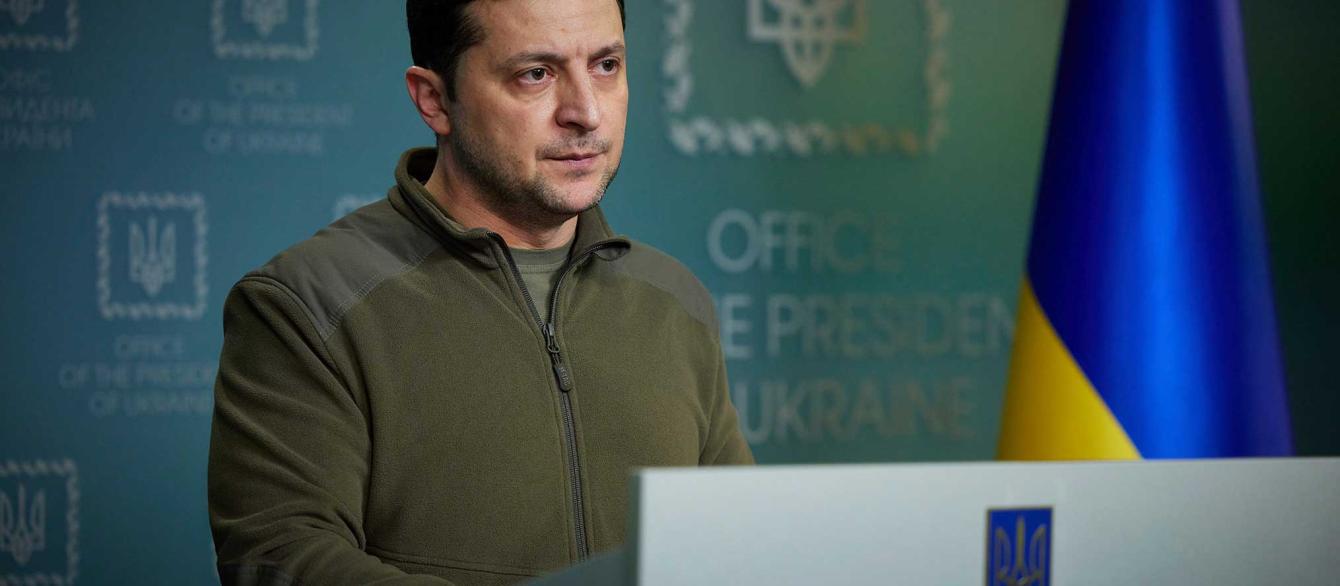At their first meeting in 2019 in Paris, President Volodymyr Zelensky of Ukraine arrived at the Élysée Palace in a modest gray minivan. President Vladimir Putin of Russia pulled up in a bespoke limousine. Since the Russians invaded Ukraine in February, Zelensky has emerged as one of the great wartime leaders of our time. Yet Russia retains the upper hand in peace negotiations.
Representatives from Ukraine and Russia have met five times to negotiate a resolution to the war. Zelensky is seen by the Russians to be in a relatively weak position and they have thus tried to dictate terms. Putin assumes that the Russian military presence will force the Ukrainians to give up some sovereignty over borders, official languages, and domestic political institutions.
The West has supplied the Ukrainians with cheerleading and weaponry. But the Western allies have refused to enforce a no-fly zone over Ukraine or provide Zelensky with the armaments he says he needs to defeat the Russians. By not arming Ukraine more extensively, the West is depriving the Ukrainians of the military power they could use to improve their leverage in negotiations with the Russians. But there’s another way Western Europe, the United States, and their allies can help.
Read More
The full text of this article is available via The Boston Globe.








